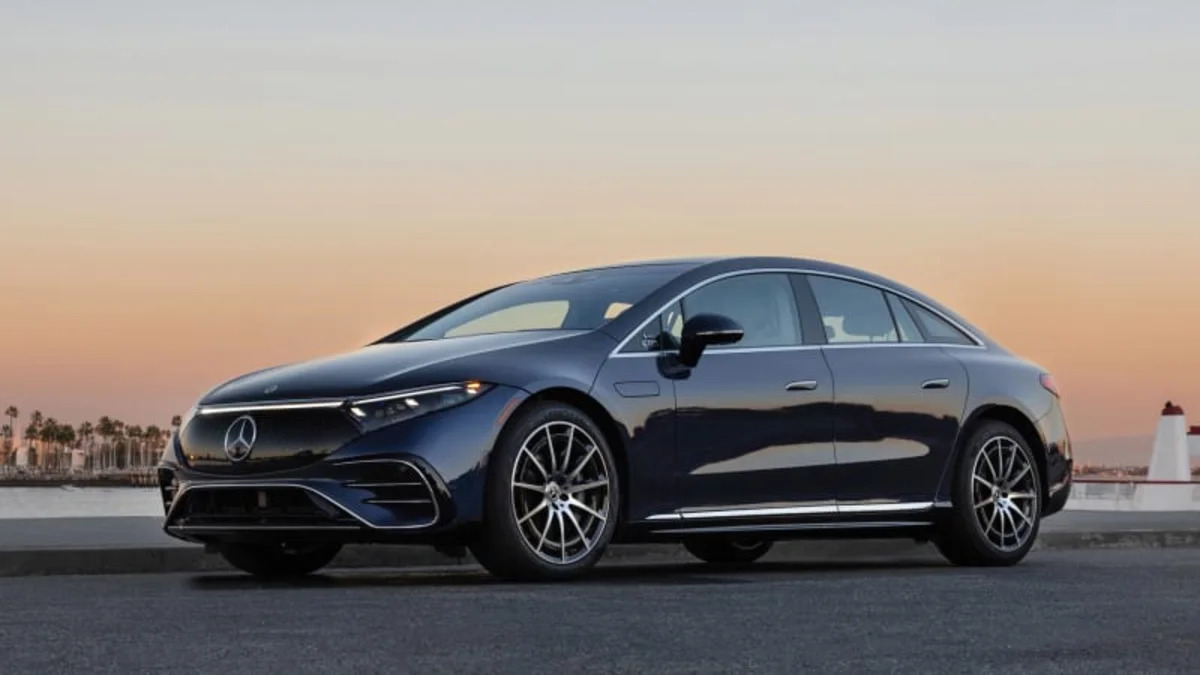STUTTGART — Mercedes-Benz on Thursday toned down expectations on EV demand and said it will update its combustion engine lineup well into next decade, becoming the latest carmaker to flag a slower than expected appetite for electric cars.
The company, which has been preparing for all-electric sales by 2030, said it now expects electrified sales — including hybrids — to account for up to 50% of the total by that date.
CEO Ola Kaellenius cautioned towards the end of last year that even Europe would likely not be ready by 2030 for an all-electric lineup, with multiple studies showing customers were holding back for a range of reasons including a lack of charging infrastructure and appealing electric models.
Kaellenius said Mercedes-Benz wanted customers and investors to know it was well-positioned to carry on producing combustion engine cars and was ready to update the technology well into next decade.
Its current plans for updates mean "it is almost like we will have a new lineup in 2027 that will take us well into the 2030s," Kaellenius said.
'EXCEPTIONAL' UNCERTAINTY AHEAD
While automakers and suppliers are betting big on future demand for electric vehicles, investment in capacity and technology development has outrun actual EV demand, boosting pressure on companies to cut costs.
Slower economic growth, supply chain bottlenecks, and trade tensions between China and both the U.S. and European Union also weighed on Mercedes-Benz's outlook for 2024, the carmaker said, forecasting lower returns on sales across its car and van division.
First-quarter sales are likely to be below the previous year's level, it said.
Electrified vehicle sales, including of hybrids, were expected to remain at approximately 19-21% of the total, Mercedes-Benz said, in line with reports across the industry of slower growth in EV demand.
The luxury car maker reported an adjusted return on sales in its car division of 12.6% for 2023, in line with its forecast, as inflation and supply chain-related costs as well as component shortages ate into its profits.
For 2024, it said it expected a lower adjusted return of 10-12% for cars and 12-14% for vans, down from last year's 15.1%.
The company raised its average price by 2% to 74,200 euros ($80,396), and increased spending on research and development for future technologies such as its MB.OS platform.
Group earnings before interest and taxes fell to 19.7 billion euros from 20.5 billion euros last year despite a 2% rise in revenue.


Sign in to post
Please sign in to leave a comment.
Continue